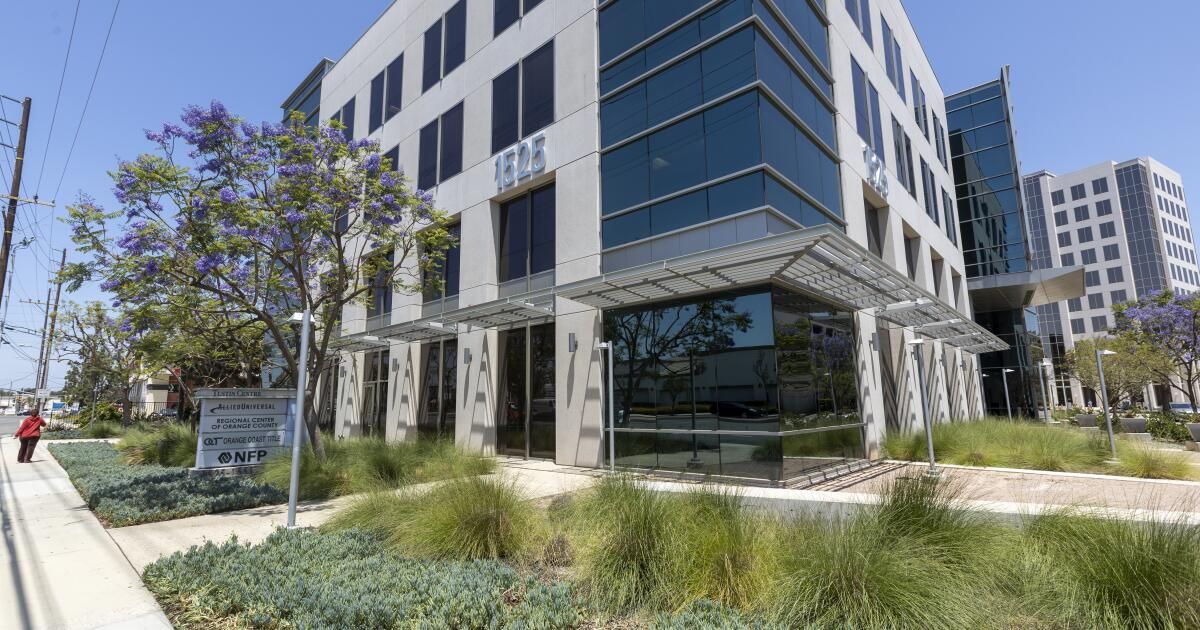The 21 nonprofits that serve Californians with developmental disabilities keep their decision-making processes secret. They cling to desk manuals and other documents and data that could shed light on serious problems, including disparities in services based on neighborhood or race.
That lack of transparency could be partly resolved if nonprofits were subject to the Public Records Act, which requires state agencies to make their documents available to the public upon request, with few exceptions. Assembly Bill 1147 would make that happen. Gov. Gavin Newsom should sign it.
At stake are regional centers, nonprofit organizations created by state law that operate with public funds to perform a public task: coordinating services to protect their clients' rights to make their own decisions and live as independently as possible.
Today, about 400,000 Californians receive services from regional centers that enable them to live independently or in support networks that may include family members, doctors, and professional counselors. Those who qualify have severe disabilities that began before adulthood, such as epilepsy, autism, intellectual disability, and cerebral palsy. Before the Lanterman Act was passed in 1969, they would have received little or no assistance (or rights).
Regional centers have struggled. Reports going back more than a decade have found that the quality of services still depends heavily on the time and effort families can devote to navigating bureaucracy. A 2022 state audit found there was insufficient staffing and funding and inadequate data collection and analysis. The Little Hoover Commission held a series of hearings and in 2023 issued recommendations to improve service delivery and transparency.
Assemblywoman Dawn Addis (D-Morro Bay) responded with Law 1147. An earlier version of this fine bill would have provided a wide range of much-needed reforms to make the system more equitable, transparent and accountable. Most of the bill's reforms evaporated in the face of a very tight budget.
The Public Records Act portion remains, and is a valuable reform in its own right. It would make clear that regional center data and documents belong to the public and must be released within reasonable timeframes upon public request.
The centers' administrators might prefer to think of themselves as operating as private companies, but the centers are creatures of the state and should be subject to state disclosure. They argue that it will cost each of the 21 centers about $1 million a year just to hire enough staff to meet the disclosure requirements.
While responding to data requests can sometimes take time and effort, the bill’s sponsors argue that the costs would be much lower. And, notably, a Times analysis found that the network of centers left nearly $1 billion unspent in the 2021-22 fiscal year.
In any case, if the data belongs to the public (as it must, since the centers use public money to do public work), the centers must make it available. Some documents, such as desk manuals, could easily bypass any costly application process if they were simply posted on the state Department of Disability's website.
Further reform of the state’s disability bureaucracy is warranted and will come in times of better budgets. For now, both chambers of the Legislature agree that public records disclosure is an important step forward. Newsom should understand that the most important budget-busting parts of the bill are on hold and that agencies providing state services should be subject to state disclosure laws.












